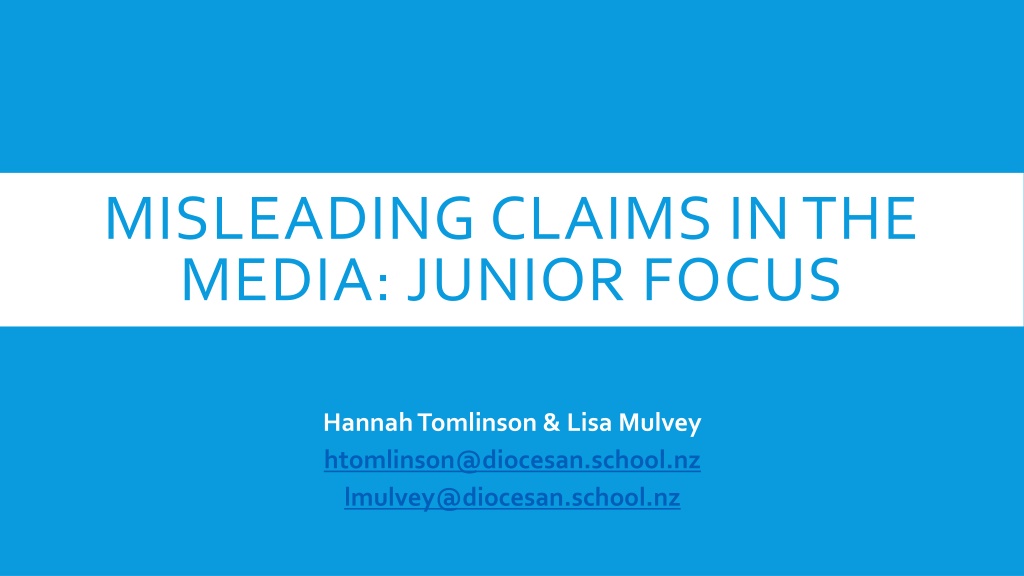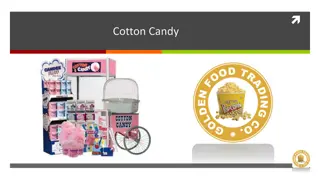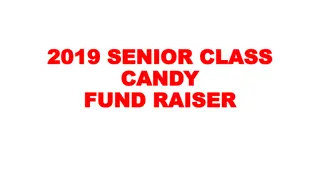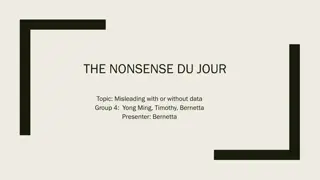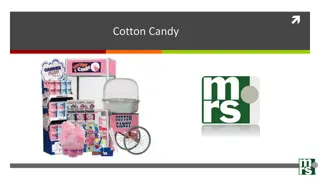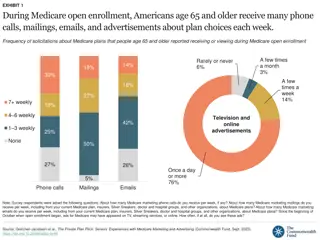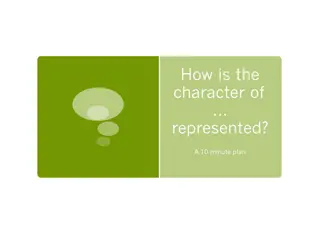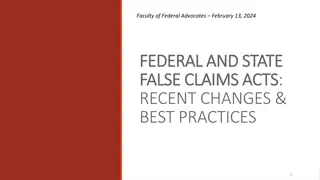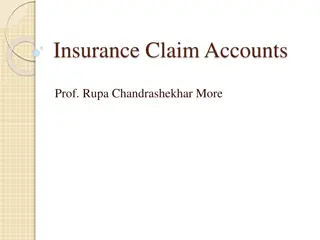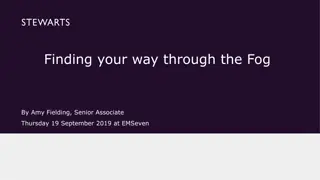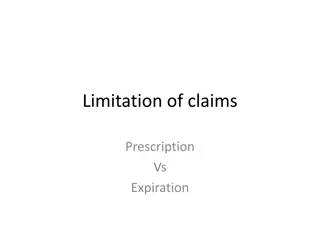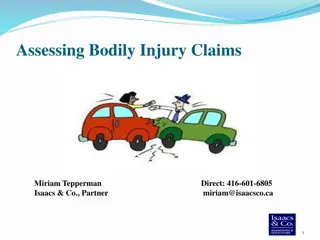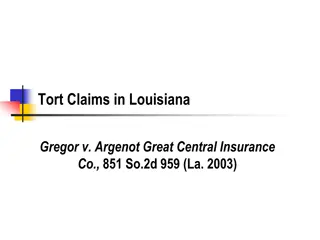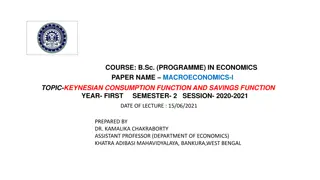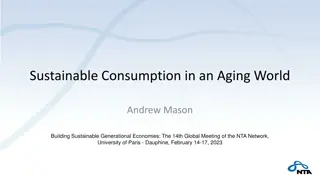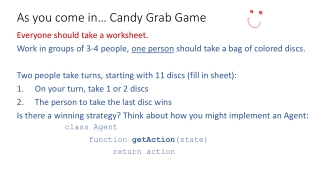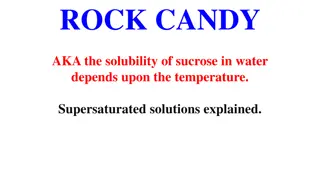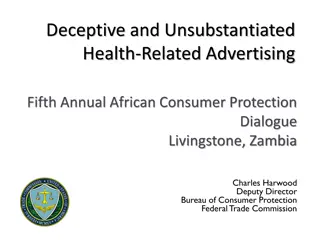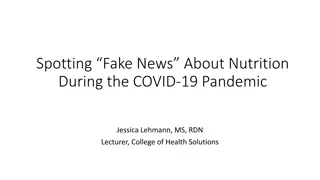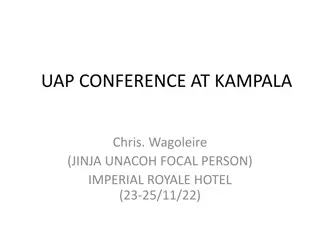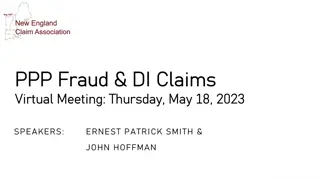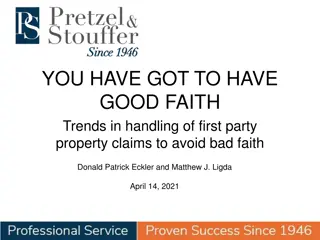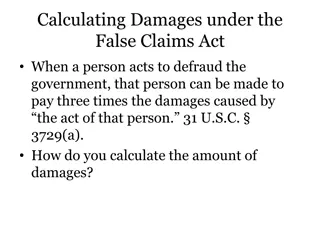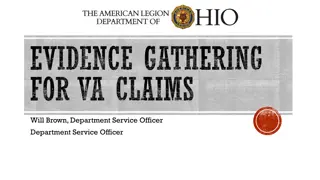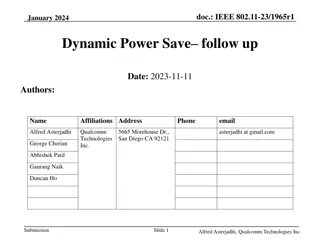Analyzing Misleading Claims About Children's Candy Consumption
This content discusses an article claiming that children who eat candy tend to weigh less than those who don't, highlighting issues with the study's methodology, sampling, and conclusions. It also includes a comparison between curriculum levels and assessment methods for a unit of work.
Uploaded on Sep 13, 2024 | 1 Views
Download Presentation

Please find below an Image/Link to download the presentation.
The content on the website is provided AS IS for your information and personal use only. It may not be sold, licensed, or shared on other websites without obtaining consent from the author. Download presentation by click this link. If you encounter any issues during the download, it is possible that the publisher has removed the file from their server.
E N D
Presentation Transcript
MISLEADING CLAIMS IN THE MEDIA: JUNIOR FOCUS Hannah Tomlinson & Lisa Mulvey htomlinson@diocesan.school.nz lmulvey@diocesan.school.nz
CHILDREN WHO EAT CANDY TEND TO WEIGH LESS THAN THOSE WHO DON T Original article: https://www.statnews.com/2016/06/02/candy-nutrition-studies/
DISCUSSION QUESTIONS What is the article about? How was the study carried out? The children were asked What they ate in the last 24 hours? What are the possible problems with this question? The study was done on a sample of 100 children from USA. Comment on the sample size. The children were aged 10-14 years old and were sampled from New York city, Boston and Washington D.C. What are the issues with this sample and comment on the likeness of this sample representing all of American children?
DISCUSSION QUESTIONS What effects could this sample have on the final conclusion that Children who eat candy tend to weigh less than those who don t? Who do you think this study is targeted at and why? Who funded this study and what effects could this have on the final conclusion? The article claims that Children who eat candy tend to weigh less than those who don t Do you agree with this conclusion? Give possible reasons for your answer.
COMPARISON BETWEEN LEVELS 3-4 TO LEVEL 8 OF CURRICULUM Comparison of levels 3-4 with level 8 of curriculum
HOW WE ASSESSED THIS UNIT OF WORK Assessment instructions Rubric of assessment criteria Examples of students work: Video student 1 Video student 2
MISLEADING CLAIMS IN THE MEDIA: JUNIOR FOCUS Hannah Tomlinson & Lisa Mulvey htomlinson@diocesan.school.nz lmulvey@diocesan.school.nz
